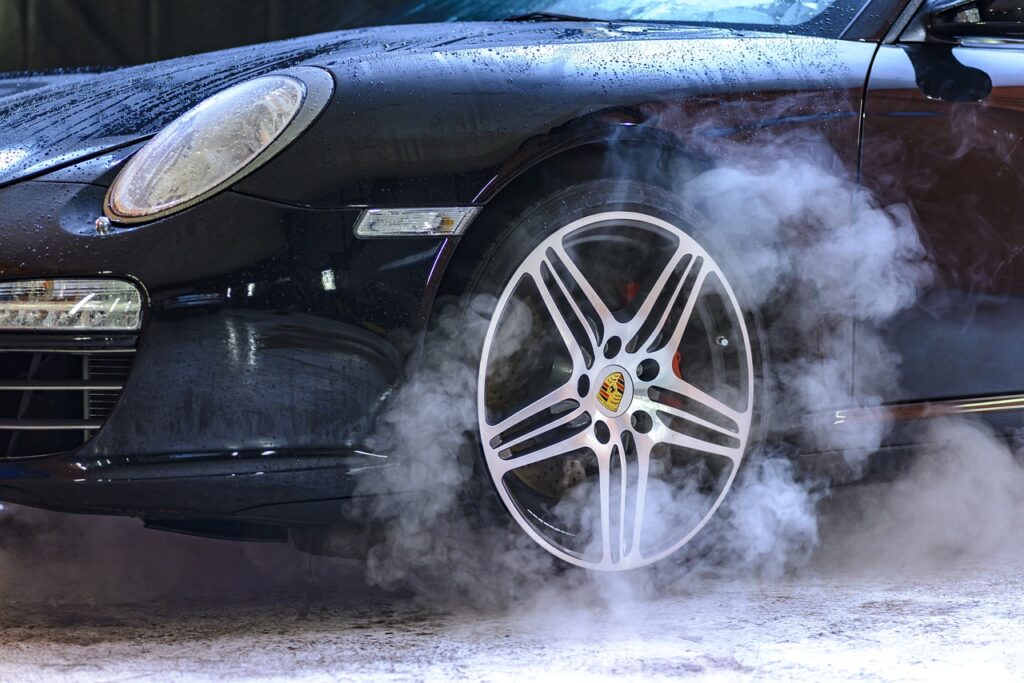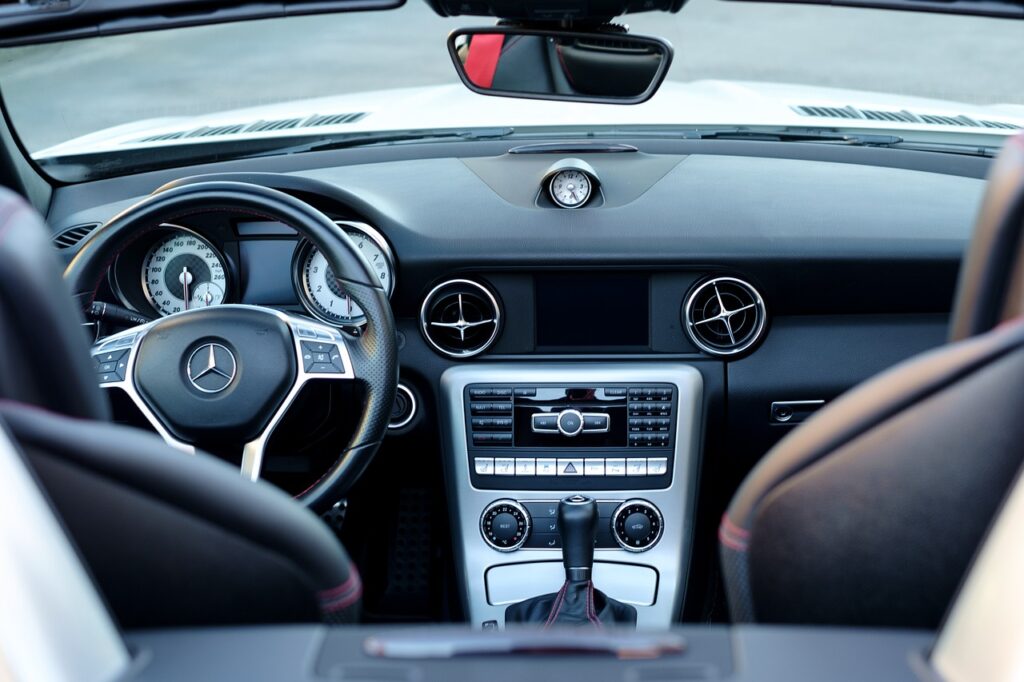
How Often Do I Need to Start My Car? A Car Owner’s Guide
You know that age-old question that circles among friends, family, and even random strangers at the local coffee shop? It’s the one that goes, “How often do I need to start my car?” Well, let me give you the low-down, not from a robot’s perspective but from someone who’s been there, done that.
The reason this question is so popular is because of the many myths and beliefs around it. Some say, “Start it every day!” while others will swear on their grandmother’s recipe book that once a week is plenty. But as with many things in life, the truth lies somewhere in between.

1. Daily Drives
If you’re using your car daily, you’ve got nothing to worry about. Regularly using your vehicle ensures the battery stays charged, the fluids get circulated, and the components remain lubricated. So, in this case, simply using your car for daily errands or commutes suffices.
2. Long Periods of Inactivity
Ah, this is where it gets tricky. Maybe you went on a month-long vacation, or you’re just someone who prefers walking or cycling. When a car is parked for extended periods, the battery can slowly drain. If you’ve ever tried to start a car after it’s been sitting for months, you might have been greeted with that dreaded silence instead of the engine roar.
For cars that remain unused for long spells, it’s a good practice to start them every week or two. Let it run for about 15-20 minutes. This helps recharge the battery and keeps the engine parts lubricated. If you’re going away and can’t do this, consider asking a trusted neighbor or friend to give your car a little TLC while you’re gone.
3. Seasonal Concerns
In colder climates, the need to start your car might increase. The freezing temperatures can be tough on your vehicle’s battery. If you’re not using the car regularly during these chilly months, try to start it every few days just to keep everything in tip-top shape.
Protecting Your Vehicle
There are several tools available on the market for protecting your car. Finding one that genuinely promises complete security, though, might be difficult. Other possibilities include utilizing specialized boxes or wallets for the key fob to block signals, preventing hackers from employing signal boosters. Some options are conventional substitutes. However, nothing comes close to the efficiency of the Smart Keyless Keeper, a novel and little chip. By preventing signal boosters, this specially developed chip makes it nearly difficult for thieves to break into your car. The chip disables the key fob when your car is stopped, ensuring that your possessions are safe while you are at home and unoccupied.

Tips and Tricks
If you’re concerned about the battery, invest in a trickle charger. It’ll keep your battery charged without overcharging it.
For those longer vacations, consider fuel stabilizers. These additives prevent the gasoline from deteriorating.
Always check your car’s manual. Sometimes, manufacturers have specific recommendations for their vehicles.
In Conclusion
The question, “how often do I need to start my car,” isn’t just about starting it but also about maintaining its overall health. It’s like asking, “how often should I water my plants?” The answer varies, but the end goal is the same: to keep things alive and thriving. So, next time someone brings up this question at the coffee shop, share your newfound wisdom. And maybe throw in a bit about how you also know the best plant watering techniques, just for fun!




